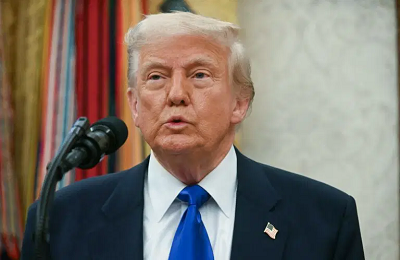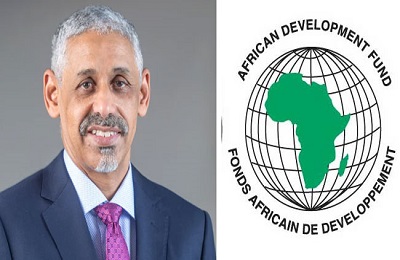BOSTON – A federal judge has stepped in, temporarily shielding Harvard University from a Trump administration attempt to stop it from enrolling international students. The university had swiftly filed a lawsuit, arguing the administration’s move was an unconstitutional overreach. On Friday, Judge Allison Burroughs granted an injunction. This order effectively freezes Homeland Security’s revocation of Harvard’s SEVP certification, which allows it to enroll foreign students. A more detailed hearing on the contentious Harvard international student ban is set for May 29.
Harvard Warns of “Devastating” Impact
The university painted a grim picture of the potential fallout. Harvard President Alan Garber stated the administration’s directive “imperils the futures of thousands of students and scholars.” Beyond the human cost, Harvard, which relies significantly on revenue from international enrollees, also pointed to severe academic and financial disruption. The university’s lawsuit strongly suggests the government’s action was retaliatory. Harvard claims this followed its resistance to federal pressures concerning its hiring and admissions practices.
Administration Cites Ideology; Harvard Alleges Retaliation
The Trump administration had accused Harvard of cultivating an environment of antisemitism and promoting “woke” ideology. These accusations were accompanied by a suspension of $2.2 billion in federal grants and threats of deportation against some faculty. In its legal challenge, Harvard described the SEVP revocation as “arbitrary, capricious, unlawful, and unconstitutional.” The lawsuit asserts this is “the latest act by the government in clear retaliation for Harvard exercising its First Amendment rights.”
Global Ripples and Anxious Students Await Outcome
The attempted Harvard international student ban threatened to upend the studies of over a quarter of Harvard’s student population, including a large contingent of Chinese nationals. This drew international attention, with China’s foreign ministry cautioning that politicizing education ultimately “only harms the image” of the United States. The anxiety was palpable among students. “It’s scary and saddening,” said Karl Molden, a 21-year-old Austrian student, who admitted he was now weighing a transfer to Oxford. Faculty organizations condemned the administration’s move as “nakedly authoritarian,” voicing fears of a wider chill on academic freedom. While the court’s temporary order offers a reprieve, the case underscores a deepening strain between the federal government and prominent institutions of higher education.
By Abiodun Labi








